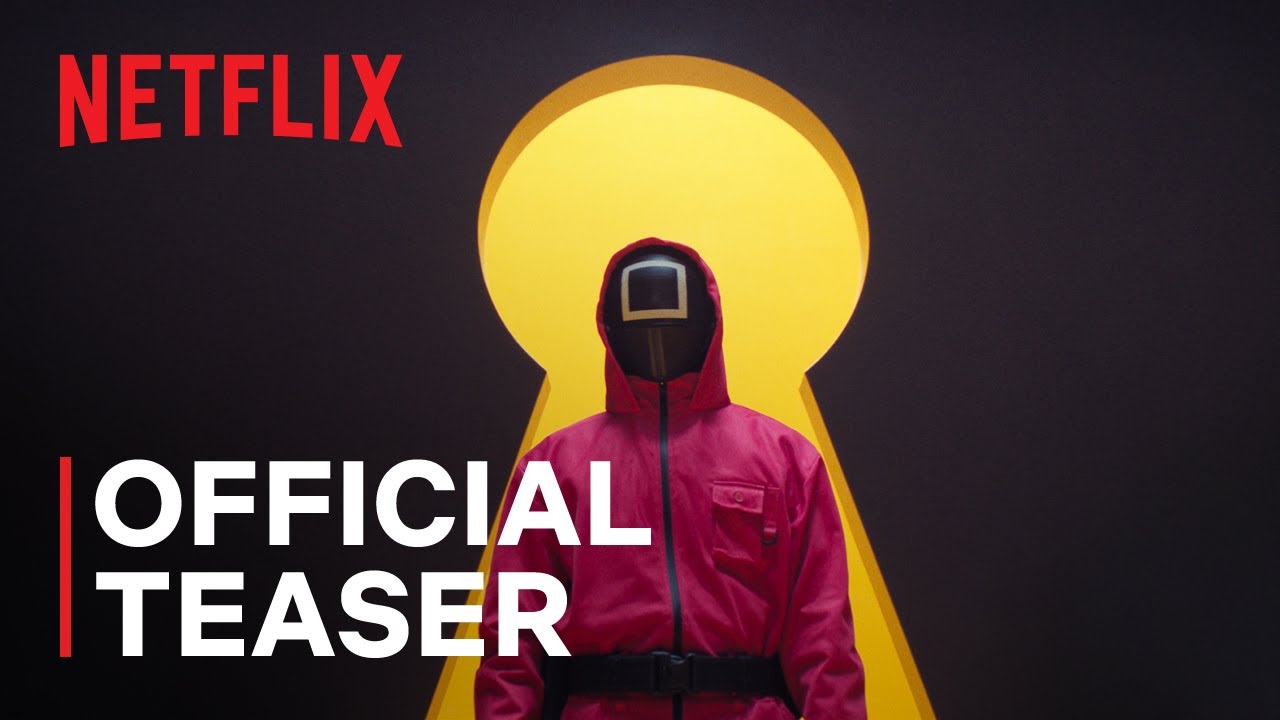Squid Game Season 3 Review: The Director’s Vision Reaches a Brutal, Brilliant Climax
Introduction
With Squid Game Season 3, director Hwang Dong-hyuk delivers a finale that’s as psychologically punishing as it is narratively rich. Known for blending social critique with survivalist storytelling, Hwang sharpens his vision in this conclusive chapter of Netflix’s groundbreaking Korean drama.
The result is a season that dares to push boundaries and confronts the human condition with unflinching clarity.
Director Hwang Dong-hyuk’s Storytelling Approach
From the start, Hwang’s direction has emphasized emotional authenticity amidst chaos. In Season 3, he pivots to a darker, more introspective tone. Characters aren’t just surviving the game — they’re confronting their souls.
His use of long, lingering shots on silent faces speaks volumes, turning stillness into narrative force.
Signature Directorial Choices
- Minimalist Dialogue: Some of the most powerful moments are delivered with no words at all, a testament to Hwang’s confidence in his actors and visual storytelling.
- Layered Symbolism: The black coffin, the baby’s cry, the reappearance of Gi-hun’s red hair — all symbols are planted deliberately, adding depth to the viewing experience.
- Moral Ambiguity: The director doesn’t hand out easy answers. He invites viewers to interpret choices, much like in a psychological puzzle.
The Director’s Evolving Vision
In contrast to the shock-heavy pace of Season 1, Season 3 unfolds like a slow burn. Hwang Dong-hyuk allows scenes to breathe, revealing how trauma lingers in silence.
The games are fewer but more emotionally charged, with the final challenge prioritizing psychological torment over physical pain.
Focus on Character-Driven Arcs
Lee Jung-jae’s Gi-hun is no longer a confused participant; under Hwang’s guidance, he becomes a reluctant avenger. Every line and gesture is weighted with past trauma, shaped masterfully by the director’s emphasis on visual storytelling.
The Front Man’s internal conflict is revealed not through exposition, but through subtle visual cues and carefully timed flashbacks.
Directorial Themes in Season 3
| Theme | Execution |
|---|---|
| Redemption | Characters are forced to confront past actions through mirrored trials. |
| Control vs. Chaos | Juxtaposed through symmetrical sets breaking into disarray mid-game. |
| Cycle of Violence | Symbolized through repeated motifs, like Gi-hun’s return to the coffin. |
Influences and Inspirations
Hwang Dong-hyuk draws inspiration from dystopian classics like *Battle Royale* and *1984*, but his approach is uniquely introspective. The narrative doesn’t only critique society — it critiques the viewer’s complicity in violence as entertainment.
Comparison with Past Seasons
While Season 1 was brutal and fast-paced, Season 3 is cerebral and haunting. It’s less about survival mechanics and more about what survival costs.
The shift reflects Hwang’s growth as a storyteller, prioritizing meaning over spectacle while still delivering tension in spades.
Critical Response to Direction
Initial reviews from platforms like iBomma Movies, Bappamtv Movies, and Iradha Movies praise the season’s visionary storytelling and uncompromising emotional weight.
Many agree it may be Hwang’s most mature and resonant work to date.
Directorial Highlights
- Final Game: A haunting recreation of Gi-hun’s childhood room, where innocence becomes the final battleground.
- Confrontation with the VIPs: A silent standoff filmed entirely in close-ups and reflections, portraying power without physical action.
- Post-credit scene: A silent, poetic epilogue that reframes the entire series in under two minutes.
The Legacy of Hwang Dong-hyuk
Squid Game Season 3 cements Hwang as a visionary director with the rare ability to merge mainstream appeal with arthouse depth. He uses every tool of cinema — sound, silence, space — to tell a story that will linger long after the screen fades to black.
Table: Directorial Choices & Their Impact
| Directorial Choice | Impact |
|---|---|
| Extended Silent Shots | Builds emotional tension and forces reflection |
| Non-linear Flashbacks | Gradually deepens character arcs |
| Symbolic Set Design | Visually communicates themes without exposition |
Final Verdict
Squid Game Season 3 isn’t just a finale — it’s the director’s thesis on survival, society, and the soul. Hwang Dong-hyuk’s vision comes full circle in a deeply unsettling, profoundly artistic way. This season marks one of the most sophisticated directorial achievements in modern television.
FAQs
Who directed Squid Game Season 3?
Hwang Dong-hyuk returns to direct and write Season 3, maintaining creative control over the entire series arc.
How has the direction changed in this season?
Season 3 shifts toward a slower, more psychological tone, emphasizing character over spectacle.
What are the director’s main themes?
Redemption, moral ambiguity, control, and the cost of survival are central to Hwang’s vision in Season 3.
Is Season 3 different from previous seasons?
Yes, it’s more emotionally driven and artistic, moving away from action-heavy gameplay toward deeper thematic storytelling.
Is this Hwang Dong-hyuk’s best work?
Many critics and fans argue it is, citing its emotional complexity and mature directorial style.
Rating Disclaimer
Note: Ratings reflect directorial execution based on early critical impressions and are subject to audience feedback post-launch.



